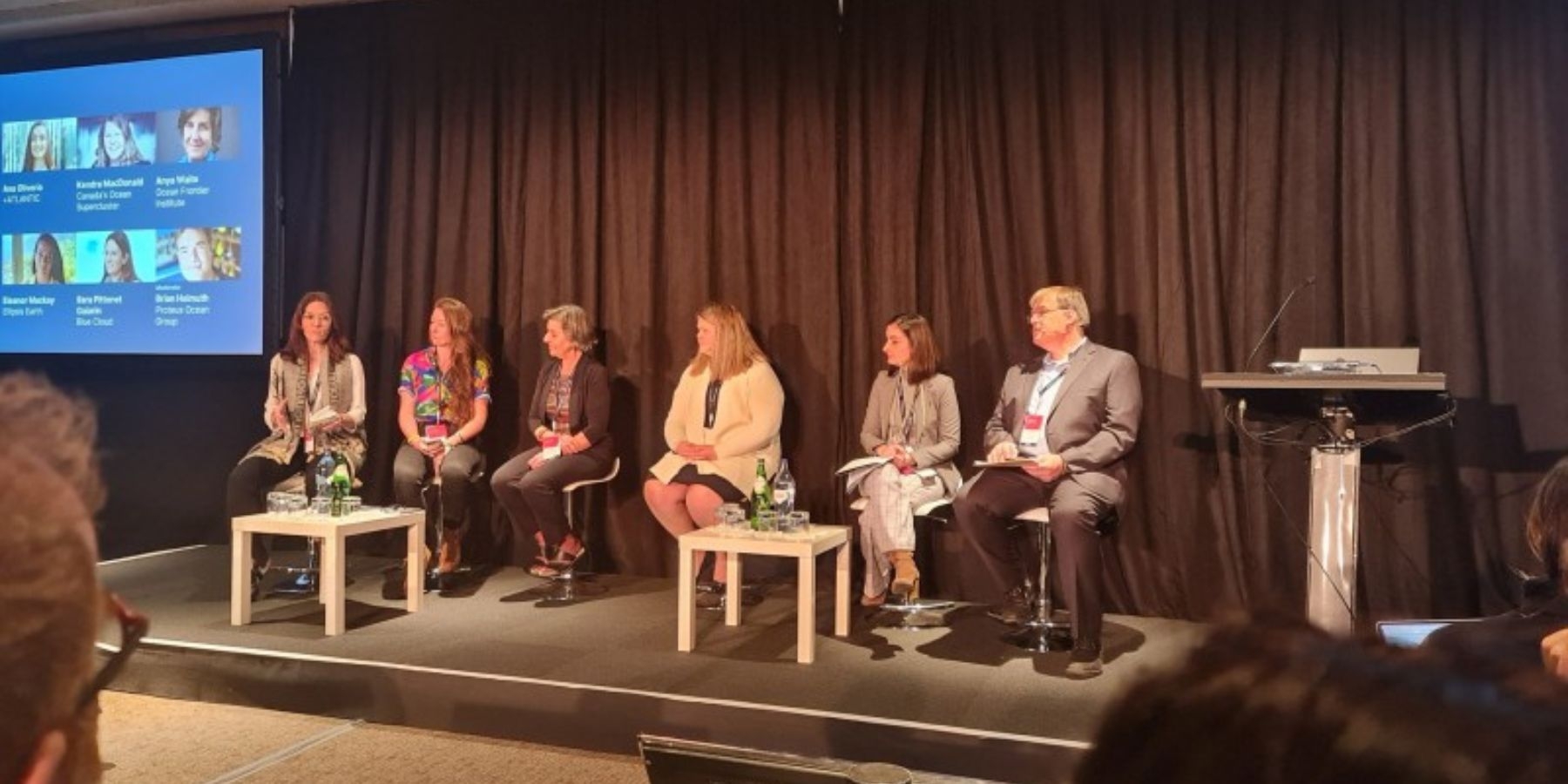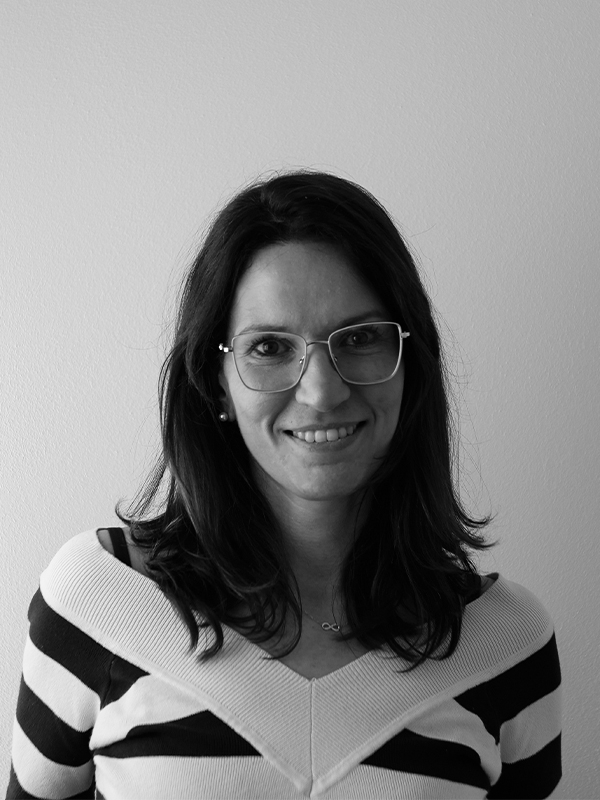Research-driven and industry-driven ocean data: discussion around data as a service, data flows, data quality at the World Ocean Summit

On March 7-9, Sara Pittonet Gaiarin, Senior Project Manager at Trust-IT and Blue-Cloud Project Coordinator, had the pleasure to join a panel titled "Combining data to unlock better ocean health" during the World Ocean Summit that took place in Lisbon.
Being a business event organised by the Economist Impact group, the Summit gathers mainly an audience of business and industrial actors. On the first day, the organizers brought Science to Industry, and the narrative thread was prominently around Ocean Data and How Ocean Science can Benefit from a New Approach to Ocean Data.
Data is the new driving force of almost any business, and industry actors operating in the oceans and seas produce - directly or indirectly - tons of data that are still too rarely shared. On the other side, the research community is strongly reluctant to receive and use industry data due to a lack of quality and standardization in the approach taken to ingesting data into data management applications. Industry data are not fair, and there is still a long way to go.
But the demand for data is huge. There is never enough data, and there are never enough tools and software to turn data into valuable information. There is also very little understanding of the potential of data. Ellie Mackay is a Cambridge University research scientist who now works as a professional science communicator and advocate of ocean data literacy. Her company, Ellipsis Earth, harnesses cutting-edge technology to accelerate and optimize the use of real-world environmental data in decision-making to create a lasting, targeted, and successful impact. One of the main issues her company faces is understanding what customers need the data for. Having a clear understanding of the specific business objectives is fundamental to providing exact data in the exact time frame, in the proper format, and in a useful way. There is also a gap in language and semantics: if the FAIR principles gave researchers a common "language" to interpret the quality of data when dealing with industry, even terminology is confusing or contradictory: what does "millions of plastics" mean?
Kendra MacDonald, chief executive officer of Canada’s Ocean Supercluster, introduced the concept of "data as a service." This is very close to the Data Federation approach that Bue-Cloud is bringing forward, producing a model for free access to the quality ocean and sea datasets that can be re-used by research and non-research users, but also turned into data products for immediate ingestion into applications. And therefore the hope and push of Anya Waite, chief executive officer and scientific director of the Ocean Frontier Institute, Canada, for more data flows—not just datasets—as continuous, trusted data information that thanks to the work of research institutes and Blue Data providers, can be made available to the marine community at large. It is exactly what Blue-Cloud is doing by working on producing workbenches on essential ocean variables (temperature and salinity, oxygen and chlorophyll, and environmental information) that will be fundamental to producing models and also cross-testing the quality of other data types that can be introduced to design, for instance, digital twin applications.
The ocean industry could also become a mainstream provider of huge amounts of datasets that could complement the research offer. But let’s suppose we manage to educate and guide business actors in providing accurate, quality, and interoperable data. How can we convince them to share data, even more so in open access? It can be an expensive activity, and the industry is reluctant in sharing data considered "sensitive" (such as data on the speed of wind collected by wind turbines or the type of engine of a vessel responsible for a certain amount of CO2 released on water). The answers are twofold: on one side, the models and forecasts that research institutes, start-ups, and big data analytics providers can offer have much more value than the privacy of the row data, as also highlighted by Ana Patrícia P. M. Oliveira, an Earth-observation expert interested in data-driven applications for climate change adaptation. The second answer comes from the policy: we need regulations that force industry players to share their data.
It came out very clear once more that no business will exist if we don’t take serious actions towards the health of our oceans and seas. Sara personally finds this reassuring: if the industry needs healthy oceans to reach its market objectives (a seaweed farmer cannot grow seaweed in the Mediterranean since it’s too polluted), we might have more chances to move towards restoring our oceans and taking care of them.

